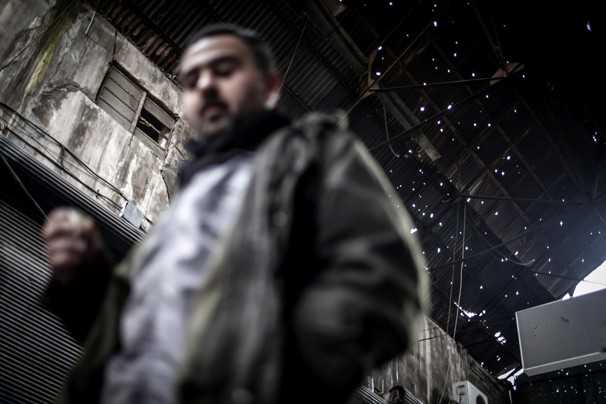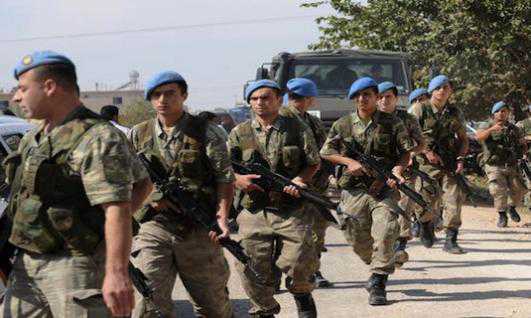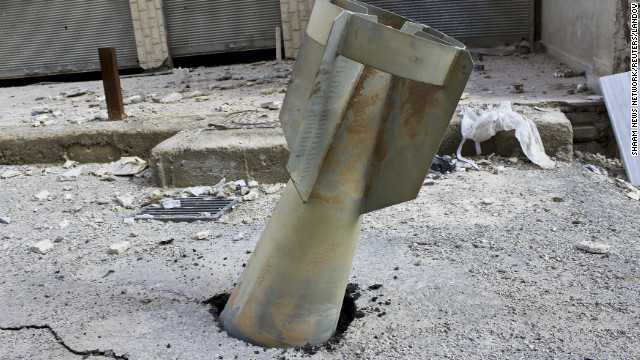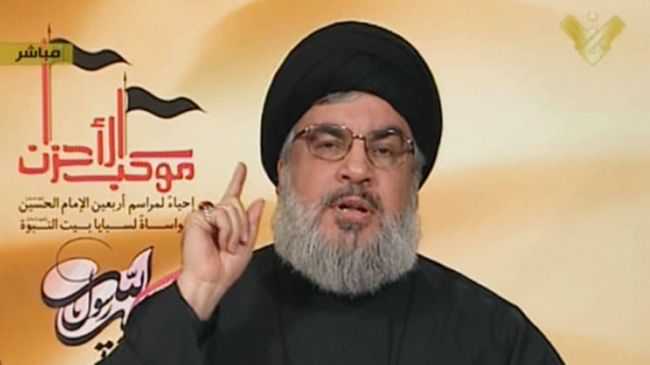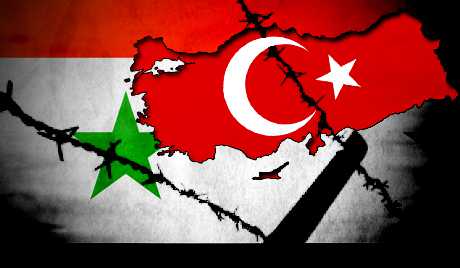
© Collage: Voice of Russia
The American White House internet site, or rather its section “We are citizens”, which collects signatures under various kinds of petitions, once again has become an arena for discussion of an absolutely non-American problem. One Armenian political scientist has announced that signatures were being collected under an appeal urging Washington to force Turkey to open the border with Armenia for the sake of the fleeing refugees from Syria. The Voice of Russia’s correspondent in the United States, Roman Mamonov, has tried to find out if there is any connection with America.
Six hundred twenty-five signatures in nine days is a modest result (as of Monday morning) of the petition, posted on the White House site by Daniel Ioannisyan, member of the Heritage opposition party. In this short document (only 10 lines) he calls upon the US government to put pressure on Turkey so that it opens the border with Armenia for the free migration of refugees from Syria. According to Ioannisyan, more than 60 thousand people were killed since the beginning of the conflict in Syria, and half a million people were forced to flee the country. According to the politician, 200 thousand ethnic Armenians live in Syria, most of whom supposedly want to leave the war-stricken Republic and return to their homeland. But the Turkish-Armenian border, which has been closed since 1993, prevents them from doing so. And now Daniel Ioannisyan means to exert pressure on Ankara with the help of Washington. The petition ends with a dramatic phrase, “There should be no closed borders in the 21st century”.
Even in Armenia, many responded with skepticism to this initiative. Firstly, the very idea of appealing to Washington from Yerevan in order to put pressure on Ankara because of the situation in Syria looks strange.
Secondly, political analysts doubt that there are so many Armenians in Syria who are ready to abandon everything and fly away to their homeland. And the question remains whether Armenia is ready to welcome this number of migrants.
Users (from any country of the world) have until February 4 to obtain 25 thousand signatures in order to make the US Administration respond to this appeal. But judging by the current trend, approximately 70 signatures a day, the document will not be sent to the White House, unless a miracle happens.
It is noteworthy that foreign politicians have long used the “We are citizens” section of the White House website as a means of addressing Washington. At present, signatures are being collected under the appeal to stop trafficking of human organs in China, the appeal to stop the persecution of Shia Muslims in Pakistan, and the appeal to monitor the situation with political rights in Venezuela. There is also a petition with the request to recognize the genocide of the Sikhs in India in 1984.
via US being petitioned to push Turkey to open border with Armenia for ethnic Armenians trapped in Syria: Voice of Russia.


